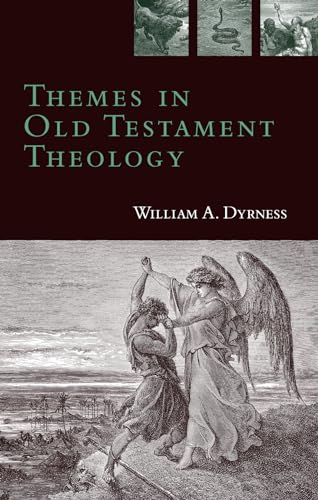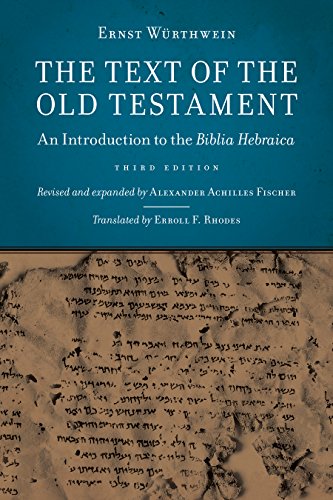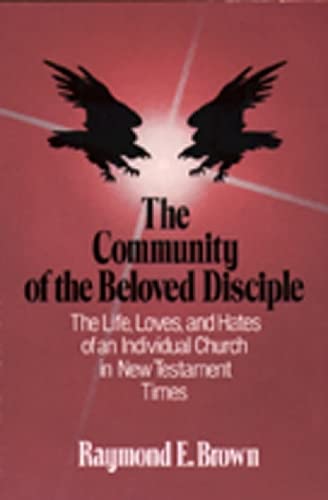Towards Vatican III, The Work that Has to be Done
Written by David Tracy, Hans Küng and Johann Metz, eds. Reviewed By Paul S. WhiteThis is a book which will be especially interesting to ‘Catholic Watchers’. Ever since the tremendous influence of Father Marie Joseph Lagrange (flourished 1892–1938) on Biblical studies within the Roman Catholic Church, there has been a series of surging changes in Catholicism which have been of utmost importance. No doubt the major event since the time of Père Lagrange was Vatican II (1962–1965), with its far reaching concern to address itself to the twentieth century. Reading the present book I found myself reaching often for my copy of Documents of Vatican II, ed. Austin P. Flannery (Eerdmans, Grand Rapids, 1965), which put the discussions of Toward Vatican III in perspective. For it is in the light of Vatican II that this new book takes its stance.
The title is a bit misleading in that there are no present plans for a Vatican III. This book is in fact composed of papers presented at a symposium held at the University of Notre Dame on May 29 to June 1, 1977. It is stressed in the preface that this was not an official church meeting, but was nevertheless genuinely symbolic of the concerns and commitment of Catholic theologians and social scientists (71 persons participated) to the church in this critical moment of history. The hypothetical Vatican III then, presents a rallying point for serious discussion about areas where further work needs to be done. The discussion is fascinating as well as illuminating and is carried on by a group of serious and distinguished international scholars.
Papers deal with seven major themes: Church and Doctrine; Church and Ecumenism; Church and the Individual; Church and Society; Church and Reform; Church and Worship and Social Scientific Perspectives.
Highlights among the papers include: (1) Roland Murphy’s comments on the Bible, in which he points out that the issue of Scripture and Tradition should be a point on a future agenda in order to deal with the present ‘ambiguous relationship’ between the two. He proposes a more effective use of the Pontifical Biblical Commission in confronting the issues facing the Church and indicates that this involves ‘accepting the role of the Bible as a critique of the Church and the multiplicity of traditions that have grown up’. (2) Giuseppe Albergio’s plea for ‘an ecumenical council, not a new General Catholic Council’. He stresses the fact that ‘after the first seven ecumenical councils, the successive general councils have marked, from the global point of view, a sanctioning of the progressive reduction of Christianity to one of its constitutive traditions, first the Western … then Western-Roman, from Trent on’. He sees Vatican II as ‘an embryonic inversion of this tendency’ and seriously pleads that Catholicism not regress but develop deeper relations with other communions. People working in the Third World will readily identify with his insistence that the ‘cultural shifting of the modern world … to more intercontinental dimensions, with a development of the African and Latin American influence, constitutes the significant context for the shape and the significance of a future ecumenical council’. Concerning the practical question of the head of such a council, Albergio courageously suggests that ‘there should be a loyal recognition that the problem of a visible head of the council and of the church is left open and unprejudiced, in a spirit of research, of fidelity and of penance. The ‘headless’ character should be lived as an expectation and search of fulness; not as renouncement or indifference’. To anyone with even a sympathetic understanding of relationships of the different traditions in the past, such a proposition from the Roman Catholic side is clearly revolutionary. (3) Probably the most substantial paper is that of Hans Küng, who, in characteristic style, meets the issues head on. His paper, like Albergio’s, stands in the area of Church and Ecumenism. Sensing that many Christians are now saying: ‘Jesus, yes; the church, no!’, he points out the areas of controversy which have fatigued the people and have so long hindered steps toward a healing between Catholic and Reformed traditions (i.e., Scripture and Tradition; Grace and Justification and Church and Sacraments). He feels that substantial progress has been made in these areas so that the ‘nevralgic point of ecumenism has shifted from the theoretical questions of theology to the practical attitudes of church authorities’. In other words; who possesses the true Church office and who is able to celebrate a valid Eucharist? He gives impressive lists of documents testifying that serious discussion has been going on in this area but then draws attention to the fact that when this question is deeply discussed the really sticky questions of Authority and the Church, the Petrine Office and Infallibility come out into the open. He then outlines major steps the Roman tradition must take with regard to these issues. Some in his own communion no doubt consider him radical, but he has touched on the vital issues if ever any substantial progress is to be made here. It is fascinating reading. He concludes by stating that ‘In all the churches, we have come to the point of ecumenical no-return! We can refuse to go forward; we can drift aimlessly and ultimately dry up; but to go back is impossible. Well then?’
These highlights (much too brief but hopefully tempting) should give some indication of the direction of the majority of papers included in the book. Exciting ideas and propositions fairly leap at one from pages treating subjects as diverse as (1) Social Ethics, (2) the need for Liturgy Reform, which end by stating that ‘the New Testament offers standards (of Eucharistic liturgy) which cannot be disregarded if the worship is to be a Christian celebration’, (3) revision of Canon Law, with a suggestion that there needs to be a desacralisation of the Roman Curia!, and (4) direct Reform of the Church in a council probably not to be held in Rome! Among a list of 10 great needs of the Roman Church today, René Laurentin suggests a ‘reorientation of the theology which, since the Middle Ages, has become … the affair of clerics or academicians enclosed in a technocratic intellectualism too often foreign to the needs of the people’.
It is only fair to note that these papers represent one tendency within Catholicism to which there exists solid opposition. However, for those interested in following closely developments within the Catholic church, this book provides interesting input from important people representing a strong current within the Catholic tradition. As Evangelicals we must listen with caution, but we must listen. There may be a Vatican III some day and my guess is that some of the issues raised in this book will be on the agenda. Members of the body of Christ should not be insensitive to what God is doing in many places today. Is it really strange that in these days He is stirring the hearts of men and women within the confines of Catholicism? I think not. I recommend this book as a valuable contribution to a better understanding of what men and women in that tradition are feeling and experiencing. You will no doubt disagree with some of the reasoning but you will be pleasantly surprised and challenged.
Paul S. White
Dean of the Bangui Evangelical School of Theology, Bangui, Central African Empire







